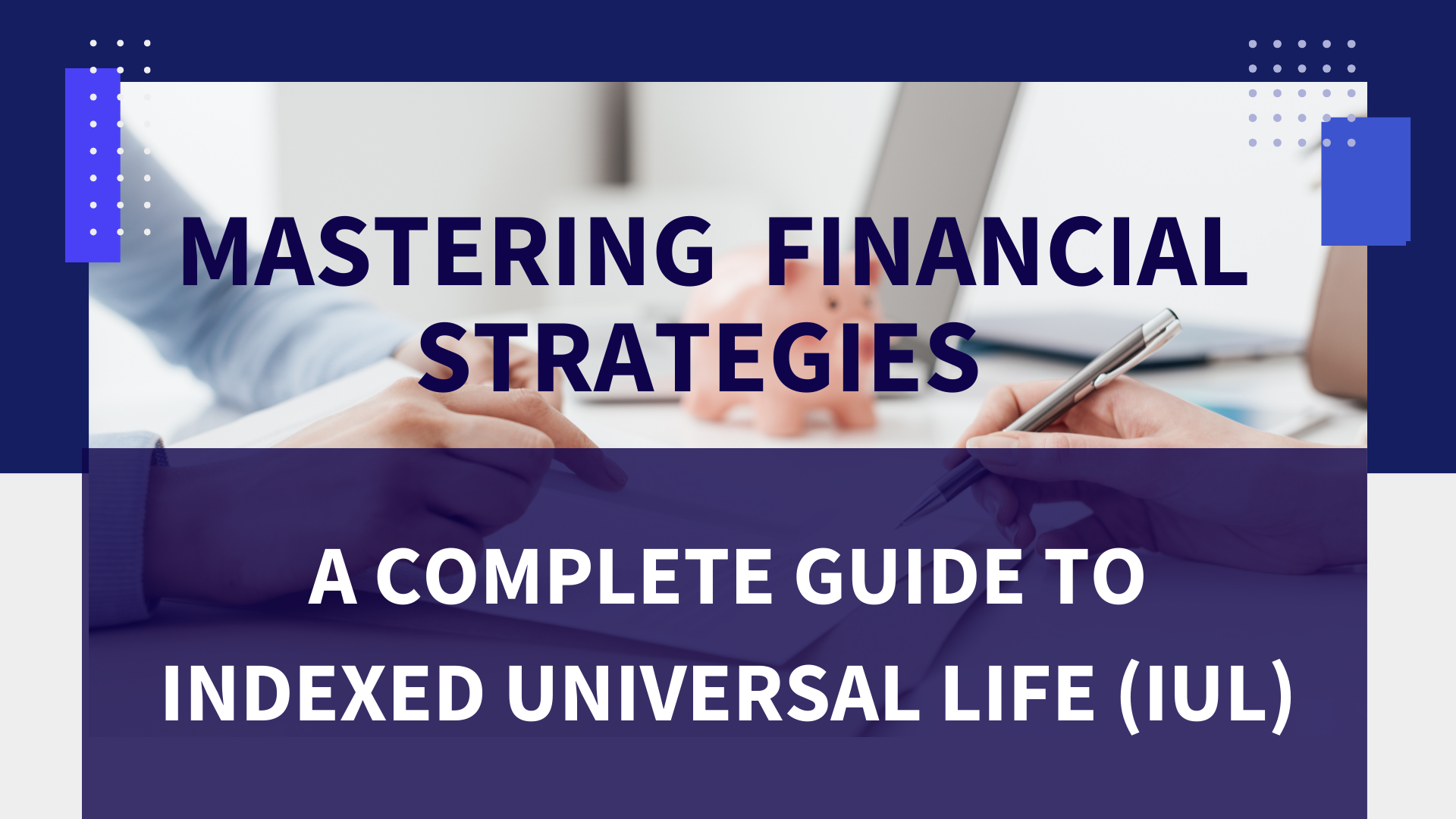The Most Common Life Settlement Situations You Should Know
A life settlement is a valuable option to secure the insurance company’s surrender value, if any, for a policy that is in jeopardy of lapsing or surrendered or simply no longer needed.
Although there are numerous reasons why a policy may be terminated, certain cases are most common. Knowing these situations will help you determine your options.
1. Retirement.
At the time of retirement, people will evaluate their financial resources and expenses to find policies that were bought years ago, to replace income upon the death of a wage earner, but now have no use for them. These types of policies have the potential to be great candidates for a life settlement.
2. The policy is too expensive to keep due to its performance.
With the steady decline in interest rates, many policy owners are being hit unexpectedly with premium requirements that drastically exceed what was expected to pay. This premium surprise can make a huge impact on a senior’s budget.
3. Chronic Illness.
Chronic illness would normally be a time when the death benefit of a life insurance policy would seem inevitable, but certain illnesses are long-term in nature and costly medical expenses come with it. A solution to this burden is a life settlement, which can provide desperately needed funds to help pay those expenses.
What You Should Be Aware Of
- Term policies close to expiring, lose their conversion option or reach the end of their premium guarantee.
Term policies are constantly overlooked as a possible life settlement prospect. Because term policies have no cash surrender value, a life settlement transaction can truly provide “found” money. These scenarios typically result in a conversion sale as well as a life settlement.
- The sale of a business or illiquid asset. Oftentimes a policy that is purchased for a buy-sell agreement or estate liquidity becomes unnecessary. With the business no longer in the picture, the use of the policy and the capacity to pay for it may no longer be there.
- Retiring as a business owner. Business owners often obtain numerous life insurance policies during the course of running their companies that are no longer needed or wanted once retirement is upon them.
- A decrease in estate tax liability and/or decline in the value of an estate. A combination of the harsh reduction in estate tax liabilities brought on by the Taxpayer Relief Act of 2012 (ATRA) and today’s struggling economy, this scenario is quite common.
Toropoint will help you recognize feasible life settlement scenarios and avoid missing out on the opportunity to sell your policy in exchange for what could make a meaningful difference in your life.
You Are Not Alone
Did you know there are about 38 million life insurance policies owned by American seniors with a total death benefit amount of over $3 trillion? Close to 88% of universal life insurance policies and roughly 85% of term life insurance policies never result in a death claim.
More than 250,000 policies owned by Americans, age 65 and over, with a combined face value of $57 billion are lapsed or surrendered back to the insurance companies each year. This average face value is $225,000. These figures only take into account universal and variable life policies. Once you add a term and whole life policies, the number jumps to $112 billion in total face value.
If you are over the age of 70 or have serious impairments and are looking to surrender or lapse your policy, or simply feel you do not need it any further and would like a fair market price for the policy as opposed to taking the insurance company’s minimal surrender value we may be able to help. Toropoint will work with you to pre-qualify you and work to provide you the best possible cash offer for your policy. Toropoint will work directly with you to find the best possible solution for you and your family.
Your Policy for Cash!
Your Options: A free no-obligation appraisal. Please feel free to reach us at (1-888-LIFE-757.) or go to Toropoint.com
Life Settlement Questionnaire :
- Amount of Policy Death Benefit?
- Life Insurance Carrier Name?
- Policy Type?
- Date Policy Issued?
- What is the premium payment amount?
- Insured’s age?
- What was the rate class policy issued?
- What current medications is the insured taking?
- Insured’s current health? What if any illnesses does the client suffer from? Were these present at the time the policy was first purchased? Yes
- Has insurance experienced a serious decline in health since the policy was first purchased?
- Name:
- Phone:
- Email:
- Best time to reach me:
Leave a Reply
Your email address will not be published. Required fields are marked *
Leave a Reply
We will get back to you as soon as possible.
Please try again later.
RECENT POSTS



RECENT COMMENTS
ARCHIVES
CATEGORIES
META
ALL RIGHTS RESERVED© TOROPOINT 2024


